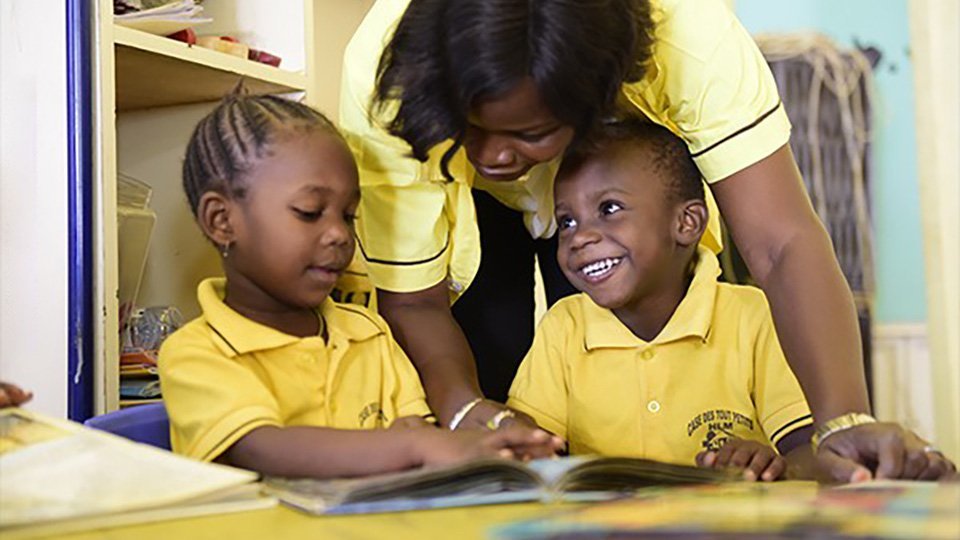UNESCO in collaboration with ADEA and other partners launch an early childhood education (ECE) personnel survey related to COVID-19 in Sub-Saharan Africa

UNESCO Dakar in collaboration with ADEA and other partners across 48 countries in Sub-Saharan Africa have launched a survey for early childhood education (ECE) personnel during the COVID-19 pandemic. The survey aims to collect data on how early childhood teachers, teaching assistants, early childhood centres and school directors and principals are responding to the strains of the pandemic, understand the needs of the early childhood education personnel and learn how to support them.
Since March 2020 when the novel coronavirus, COVID-19, was declared a pandemic, learners, teachers, parents, and the entire education community have been gravely affected. The UNESCO Institute of Statistics (UIS) estimates that more than 1.2 billion students have been effected globally and schools in 150 countries have been closed.
In Sub-Saharan Africa, over 18.6 million pre-primary school teachers have been affected by the pandemic. Pre-primary education providers must re-think their education modalities and face unprecedented challenges such as health and safety concerns, stress, and tenuous employment status. Teachers and centre directors face questions of how to provide continuous education and care amidst the closure of their centres, often without having had any prior training on how to employ distance education solutions or the use of information technology. These concerns are further exacerbated by the vulnerable status of pre-primary providers and educators within the overall education personnel structure.
The Inter-Country Quality Node on Early Childhood Development (ICQN-ECD) of the Association for the Development of Education in Africa (ADEA), the Africa Early Childhood Network (AfECN), the Early Childhood Development task team and TALENT within the Regional Coordination Group for SDG4-Education 2030 in West and Central Africa (RCG4-WCA), ILO, UNESCO (including UNESCO IICBA), UNICEF and the World Organization for Early Childhood Education (OMEP), have all collaborated to adapt an ECE personnel survey that was originally launched by UNESCO, UNICEF and other partners in the Asia Pacific region.
The findings of the survey will be employed to shed greater light on the situations and needs of the ECE sector and its workforce to respond to children’s education and well-being needs during times of crisis. The Early Childhood Development task team within the RCG4-WCA plans to host a webinar to present and discuss findings with regional stakeholders and will publish a policy brief to unpack key findings.
The survey will be online until July 3rd and is available in English, French, and Portuguese:
English: https://forms.gle/79EjxPA2fxhrPzMfA
French: https://forms.gle/U38S7MtTrhc1Megb7
Portuguese: https://forms.gle/RY6ZgbSjzkS4oMUH8